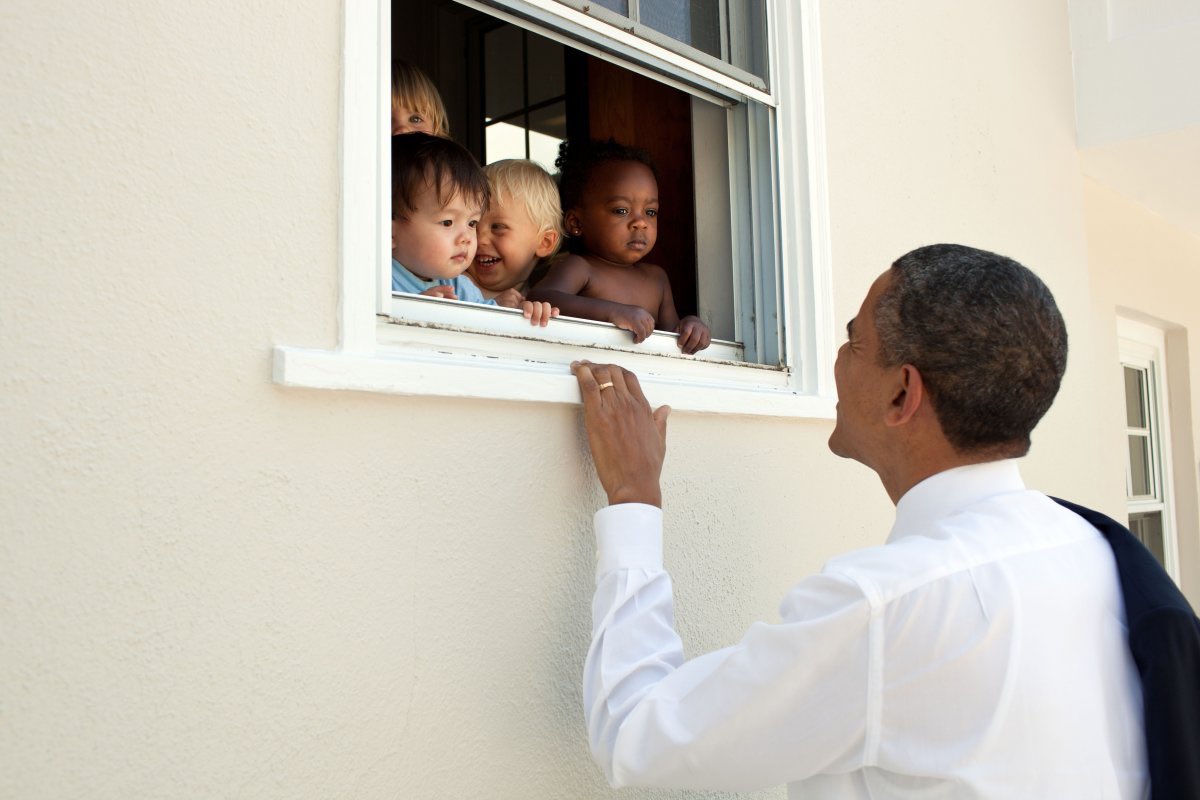A couple weeks ago, a pretty important announcement was made regarding the Montana Senate race, where
Governor Brian Schweitzer announced he will not be running for the seat. The state - a generally reliably Republican state currently being represented by a Democratic Congressman in Max Baucus, who was first elected in 1978 - is now the latest in a number of good chances the Republicans have of picking up in next November's election.
To be fair, it's
very early, and if races like Todd Akin, Richard Mourdock, Christine O'Donnell, and Sharron Angle have taught us much, there are no guarantees in Senate races. Even with this in mind,
Nate Silver is seeing a tossup as of right now, and this is quite possibly being conservative in the early examination. Next year, 33 seats are up for the Senate. The Democrats won many of these in 2008 on the coattails of Obama's win, and there may be some trouble in store, as the Democrats have 21 seats to defend to the Republican 14. Obviously, not every seat is in contention, but the Democratic problem in holding the Senate comes down to the 5 seat advantage they currently have in the caucus (with 53 Democratic Senators and two independents who caucus with them, counting the New Jersey seat in the Democratic column based on the inevitable special election result this fall). The Republicans need to have a net gain of 6 seats to wrestle control of the Senate away, and the Democrats are absolutely on defense. Why?
First, this is the list of Republican seats in danger:
This is exactly it. The Democrats want to make a race out of McConnell's seat in Kentucky, but the challenger
stumbled out of the gate and
McConnell enjoys a 50%+ approval rating and his most serious threat might be from the primary if Rand Paul's activists do enough to push a challenger.
The Democrats, however, are in a more precarious position. Among their seats in danger:
Almost certain to switch:
* South Dakota (Sen. Johnson is retiring, state is bright red with Romney winning by 18)
* West Virginia (Sen. Rockefeller is retiring, state is bright red with Romney winning by close to 30. No credible Democrats on the bench)
* Montana (Sen. Baucus retiring)
Probable, but not guaranteed, pickups:
* North Carolina (Sen. Hagan a big target and
struggling to break 50% early even with name recognition, Romney won the highly contested state by 3)
* Louisiana (Sen. Landreau isn't terribly popular, was key in the Senate gun control deliberations, and Romney won the state by almost 18)
* Arkansas (Sen. Pryor isn't popular, not much polling exists but
what's there isn't good. Romney won Arkansas by around 25).
Other possible states:
New Hampshire (Shaheen), Iowa (Harkin retiring), Alaska (Begich), Virginia (Warner with two credible challengers available), Minnesota (Frankin elected solely because of the Obama wave), Michigan (trending Republican in recent years, Levin retiring).
The latter states are going to be difficult roads for Republicans, and the group of which will only be in play if the electoral landscape looks closer to 2010 than 2012. With that said, however, it is not difficult to see a path where the Republicans get three seats out of the nine that are credibly up for grabs, if not more if we get into a wave situation.
What are your thoughts on next year's midterms?




